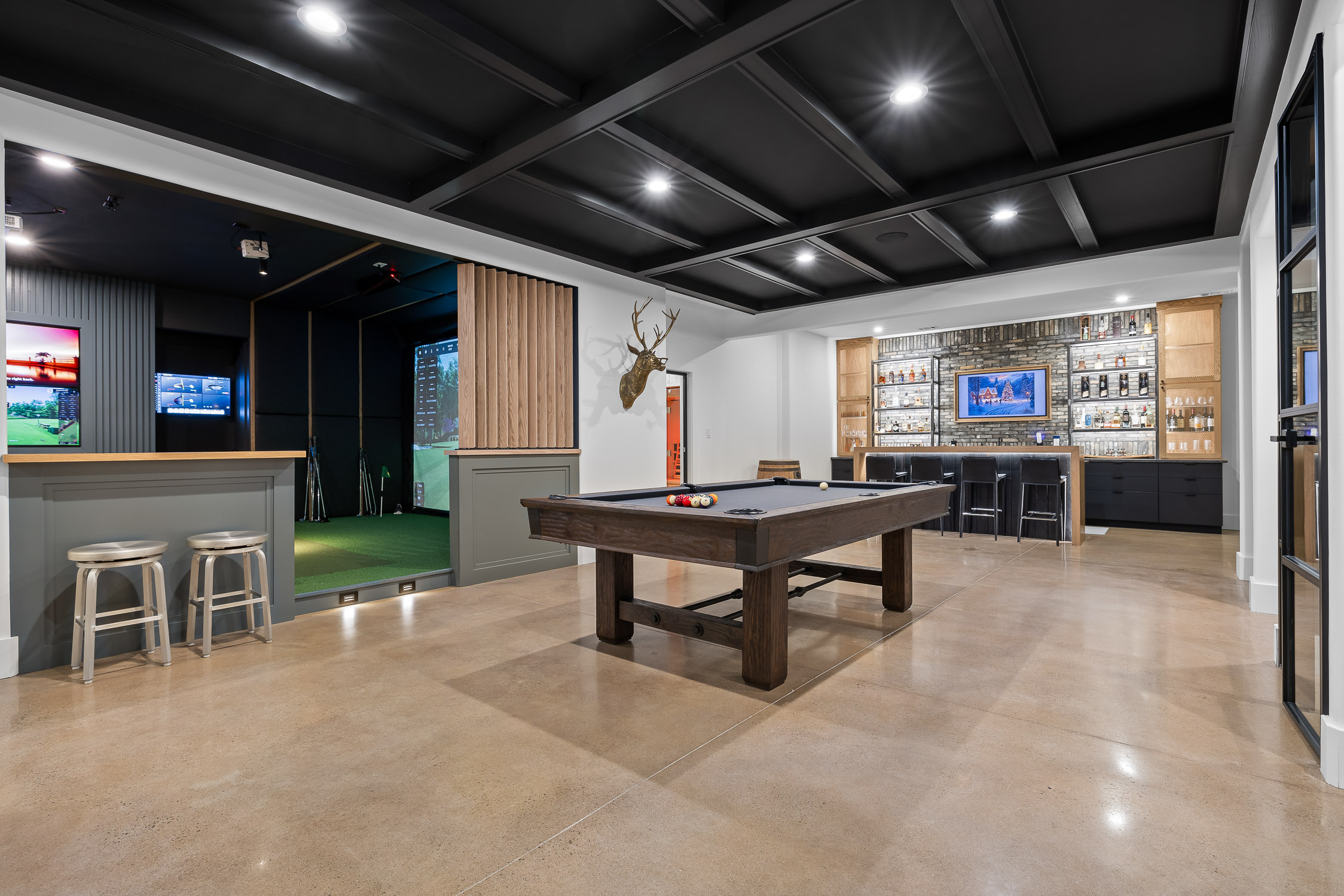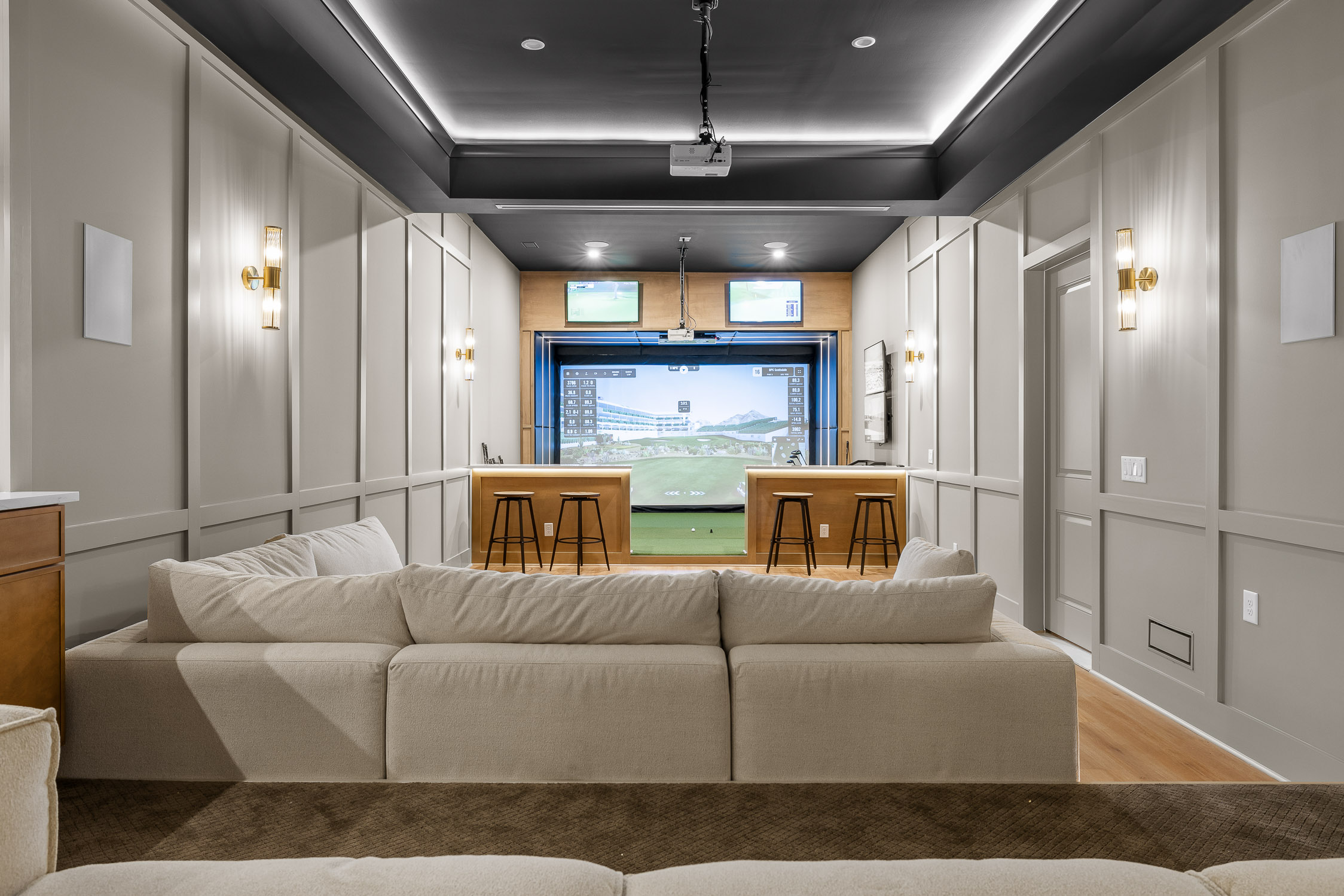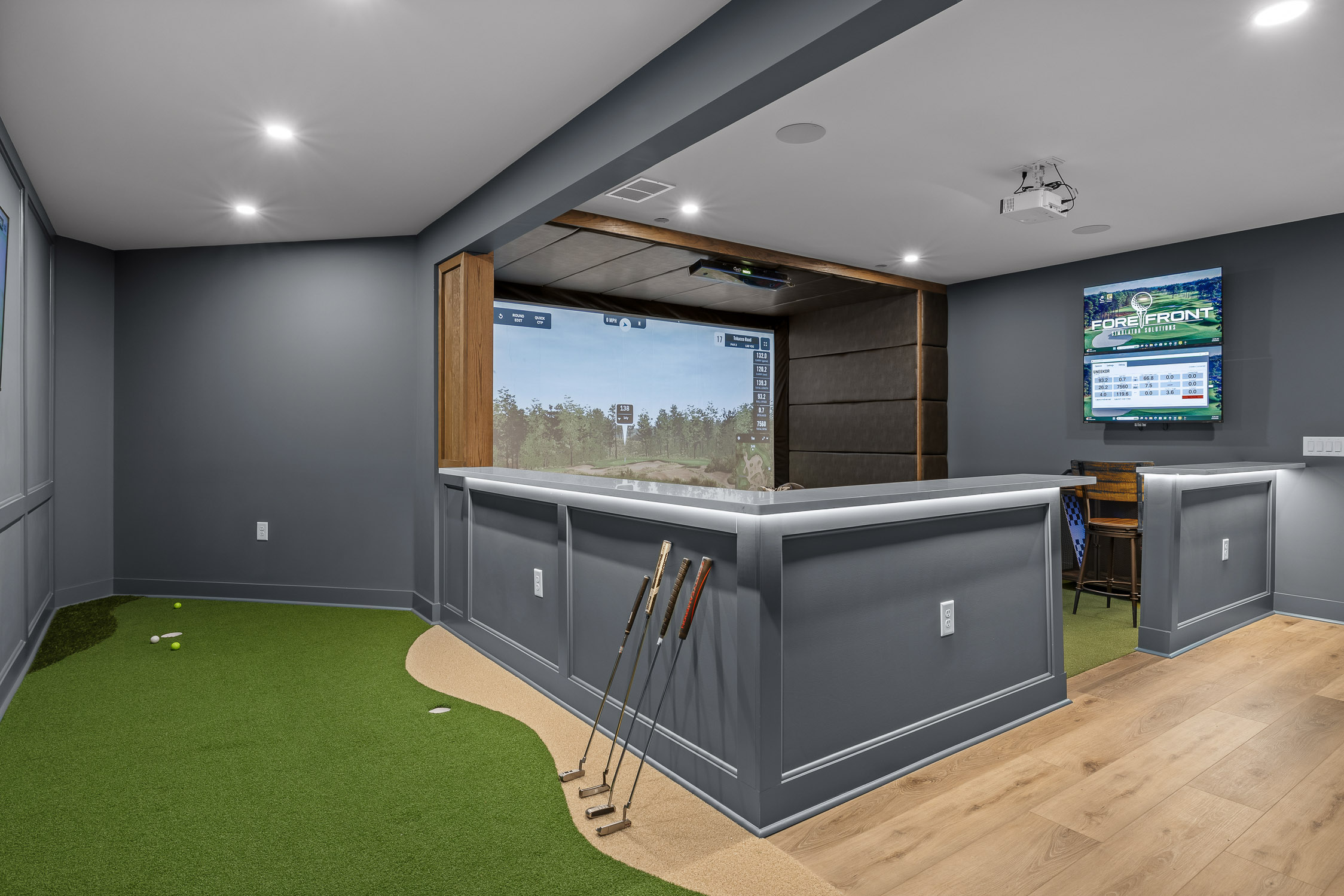The Revolution:
Gone are the days when home entertainment meant simply watching TV. Today, a revolution is underway, with immersive simulators transforming our living spaces into interactive playgrounds. From golf enthusiasts to multi-sport aficionados, the allure of bringing professional-grade experiences home is stronger than ever. Let's dive into the fascinating world of home simulators and explore how they're reshaping our leisure time.
The Rise of Home Simulators:
The market for home simulators is booming, with golf leading the charge. But it's not just about perfecting your swing anymore. Multi-sport simulators are gaining popularity, offering a variety of sports like soccer, baseball, and lacrosse, all within the comfort of your home. These systems are becoming comprehensive entertainment hubs, catering to families and sports enthusiasts alike.
Market Growth and Trends:
- The golf simulator market alone is projected to reach billions in the coming years, with a robust compound annual growth rate.
- Technological advancements are making simulators more user-friendly and interactive, driving sustained market growth.
- Compact and portable designs are emerging, catering to urban dwellers with limited space.
- AI-powered swing analysis and customized training plans are enhancing the appeal of these systems.
Cost Considerations and Space Requirements:
- Basic golf simulators can range from $1,000 to $5,000, while high-end luxury models can exceed $50,000.
- Space is a crucial factor, with most setups requiring a minimum room size of 10'H x 10'W x 15'L, and ideally, 10'H x 14'W x 18'L.
- Multi-sport simulators require similar space considerations.
- Racing and flight simulators vary greatly based on set up, from a simple chair and wheel, to full cockpit style set ups.
Impact on Family Activities:
Home simulators are fostering new forms of family-oriented recreation. Imagine family golf tournaments, virtual soccer matches, or even flight simulation adventures, all within the cozy confines of your living room. These systems are transforming homes into social hubs, bringing families and friends together for shared experiences.
Conclusion:
Home simulators are more than just gadgets; they're gateways to immersive experiences that blend entertainment, fitness, and social interaction. As technology evolves and prices become more accessible, we can expect to see even more homes embracing this exciting trend.



